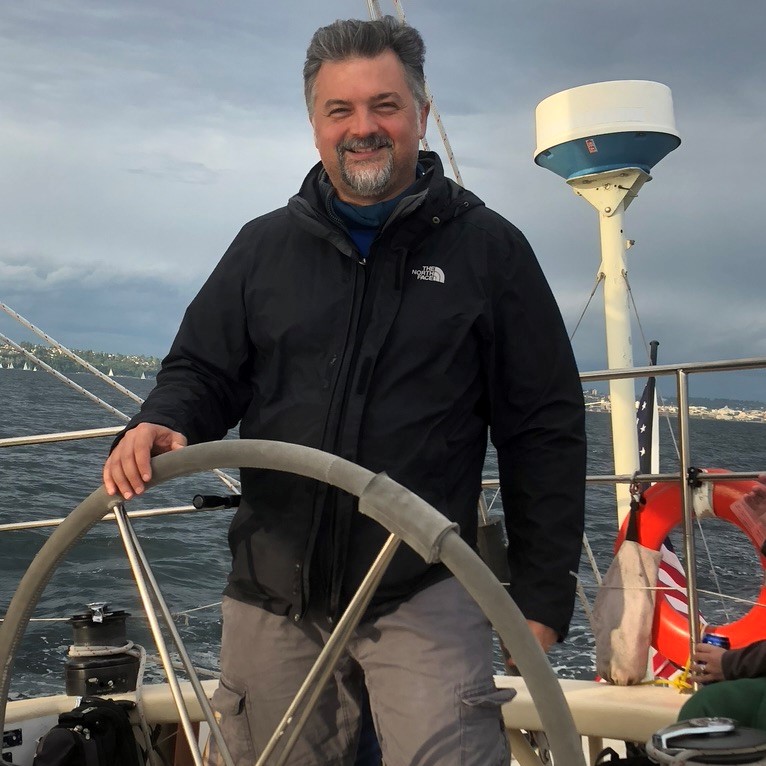
Enrico Nicola Armelloni
Research Fellow
Ancona
EcoScope aims to promote an effective ecosystem-based approach to fisheries management in European seas. EcoScope will develop an interoperable platform, a tool (toolbox) to facilitate decision-making, a series of online courses, and a mobile application. These tools will be made available through a single public portal to promote an efficient, ecosystem-based approach to fisheries management. The four-year project addresses the degradation of marine ecosystems and the anthropogenic impact caused by unsustainable exploitation of fisheries in several European seas to promote more efficient, holistic, sustainable and “ecocentric” fisheries management that can restore the sustainability of fisheries and ensure greater balance between food, safety and healthy seas.
The EcoScope platform will organize and homogenize climate, oceanographic, biogeochemical, biological, and fisheries datasets for European seas according to a common standard type and format that will be available to users through interactive mapping layers. This information will be presented to users through user-friendly interactive mapping layers. The international consortium will develop the EcoScope Toolbox, a scoring system linked to the platform, which will house ecosystem models, socio-economic indicators, fisheries and ecosystem assessment tools that will be used to examine and develop fisheries management and marine policy scenarios, as well as maritime spatial planning simulations. EcoScope will also apply new assessment methods for data-poor fisheries, including non-commercial species, as well as for biodiversity and conservation status of protected megafauna. This will include an assessment of the status of all ecosystem components in European seas and will test new technologies to assess environmental, anthropogenic and climate impacts on ecosystems and fisheries. Finally, tools such as online courses, films, documentaries, webinars and games will be available through the EcoScope Academy.
The project consists of a partnership of 24 partners (universities, research institutions, NGOs, individuals) from Greece, Bulgaria, Germany, Canada, Israel, the Philippines, Spain, France, Belgium, United Kingdom, Portugal, Italy, Netherlands, Malta, Norway, Switzerland, and Cyprus, coordinated by the Aristotle University of Thessaloniki. CNR’s participation in the project is coordinated by IRBIM CNR and includes the participation of the Institute ISTI CNR.
Referent:

Programme: H2020
Web Site: https://ecoscopium.eu/
Duration: September 1, 2021 - August 31, 2025
Budget: 7.919.413,00 €
Budget IRBIM: 298.125,00 €
Areas of Research: